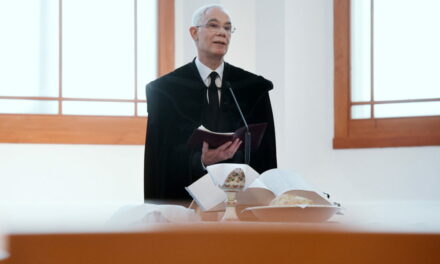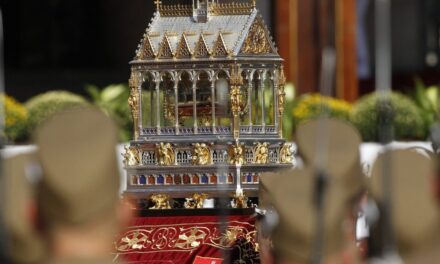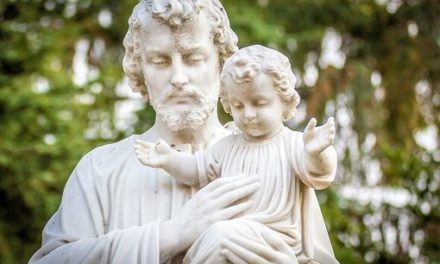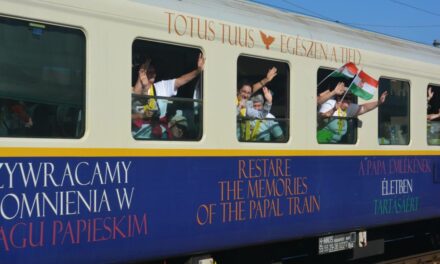The protection of cultural, including religious, heritage and the preservation of spiritual heritage in crisis zones play an important role in creating and preserving peace, as well as in preventing migration.
This was announced by Tristan Azbej , the State Secretary of the Prime Minister's Office responsible for helping persecuted Christians and implementing the Hungary Helps Program, in Brussels on Monday.
Speaking to MTI, Azbej Tristan said: on Hungarian initiative, the European Union's Foreign Affairs Service (EEAS) developed a concept on the protection of cultural heritage in crisis zones. The idea was accepted by the Council of Foreign Affairs of the European Union without discussion at the end of June.
According to his information, at Monday's conference on the protection of cultural heritage, convened on Hungarian initiative, Hungary encouraged the institutions of the European Union to include the support of persecuted Christian communities in its policy outside of Europe.
Experience shows that the preservation of religious sites means hope for the future for those concerned and clearly reduces the desire to emigrate, he said. He drew attention to the fact that EU institutions are indifferent to persecuted Christians. A distinction is made between individual religious communities, and persecuted Christians typically receive less attention and support compared to other persecuted or discriminated religious communities. In the EU, there is more talk about antipathy towards people of the Islamic religion, the so-called Islamophobia, than about the persecution of Christians, he said.
"It is right that they are talking about Islamophobia, but it is wrong and even immoral that a significant part of the political elite of the European Union has not shown solidarity with the most persecuted religious group in the world until now," he said .
The State Secretary said: at the initiative of Hungary, the EU has set a goal for the protection of cultural heritage to play a role in its foreign affairs stockpile. This may enable Christian communities in Europe's neighborhood, as well as in the Middle East and Africa, to receive the attention they deserve. Therefore, it is expected that special attention will be paid to the Hungarian intercession by religious and religious organizations, as possible beneficiaries of EU subsidies. "Such organizations are often excluded from the beneficiaries of such programs due to a false interpretation of political correctness and neutrality," he drew attention.
Tristan Azbej said: the primary objective of the Hungary Helps Program, which helps to protect the built heritage and preserve the intellectual and cultural heritage, is to save lives and to enable local communities in crisis areas to be supported, including persecuted Christians, and to stay in their homeland in safety and decent conditions between. The program helps to prevent representatives of the affected communities from choosing to emigrate. During the four years of the program, Hungary allowed at least a quarter of a million people living in persecuted or crisis-affected areas to stay. Following the Hungarian example, Poland has pursued a similar policy of support until now, and Slovenia will soon follow their example, Tristan Azbej added.
(Cover image: Híradó.hu)













